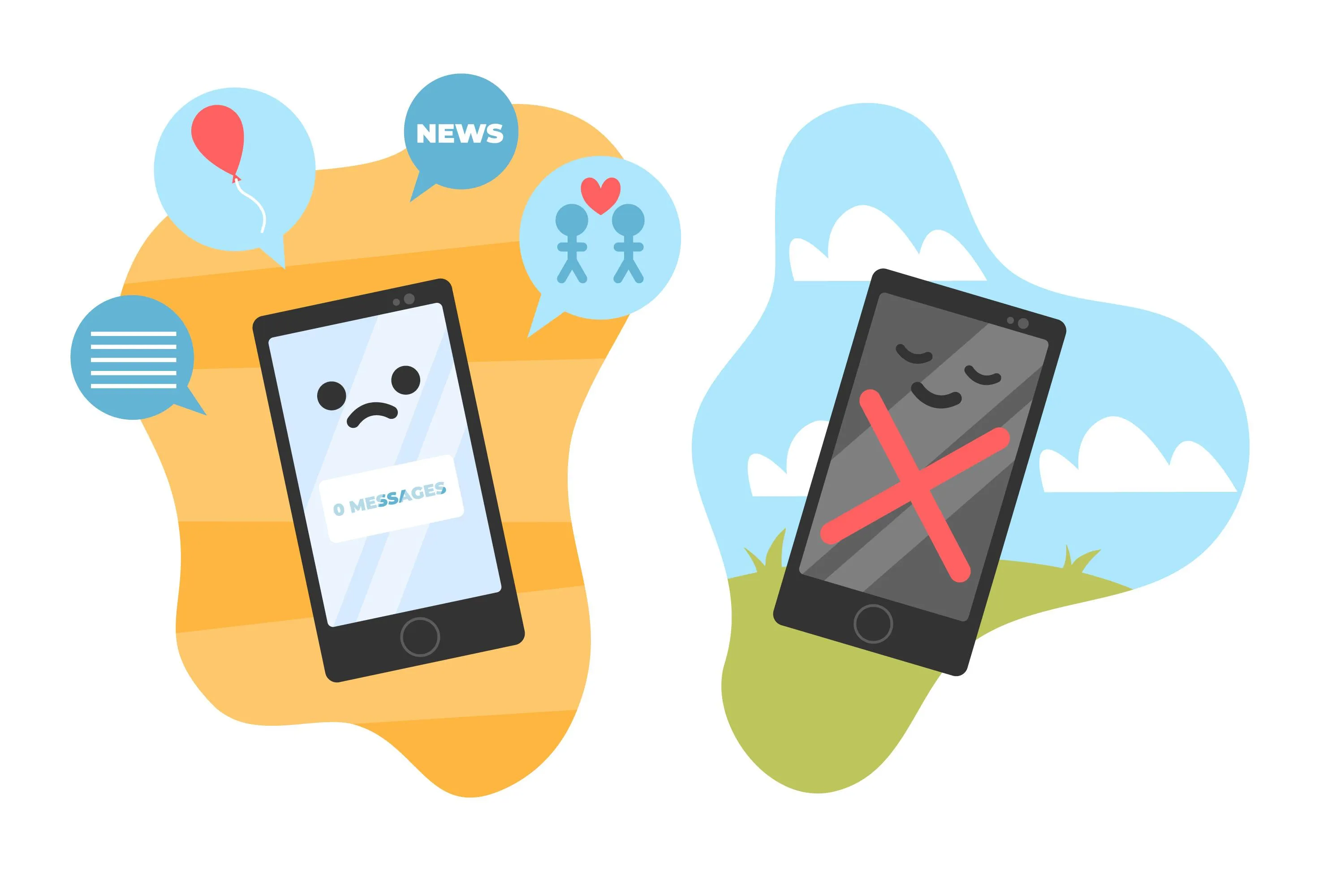How to Block Instant Messaging Apps and Why You Might Need a VPN

There are instant messaging applications, for example, WhatsApp, Telegram, and Signal, which have made instant messaging handy today in the digital era. Nonetheless, for a number of reasons, one might want to block these applications from being accessed, either by an individual, organization or even the government. This means of distraction moderation, ensuring the protection of sensitive information, and enforcing the controls sometimes can be exercised by blocking these instant messaging applications. However, these regulations usually come with a few complications, particularly when they violate personal freedoms or are a hindrance to productivity. At such times, Virtual Private Networks (VPNs) step in as an effective solution to bypass the blockade.
Why Block Messaging Apps?
Some of the possible reasons for blocking instant messaging apps include:
- Government Regulations and Censorship: Most governments across many countries have regulatory mechanisms to restrict the messaging apps for control and the flow of information. For example, countries like China and the United Arab Emirates have blocked WhatsApp to stem the spreading of unregulated information in a bid to maintain control in governmental communication channels. These have often spurred discussions on censorship and the balance between national security and freedom of speech. For a comprehensive overview of how internet freedom is restricted globally, you can refer to the Freedom House report on Freedom on the Net.
- Workplace Productivity: It is because of being professional that companies block instant messaging apps. This way, these distractions are minimized so that the individual workers can concentrate on what they should do. Instant messaging, due to its nature, may be one of the biggest time wastages and lowers the productivity of individuals. Companies block such apps to ensure there is a more disciplined work environment.
- Educational Institutions: Schools and colleges may block instant messaging applications in order that students do not get distracted during study hours, in a bid to keep academic integrity and that the student body is more involved with learning material.
- Parental Controls: Parental controls could also block instant messaging applications installed on their children's devices to protect them against online predators, cyberbullying, or inappropriate content. This happens to be one of the most common ways of keeping the digital environment safe for minors.
The Role of VPN in Messaging Applications Unblocking
While it's true that blocking the apps for a message can have a pointed use, at other times, this might be a slight hassle as one might be in a position where access to such applications would be a must—probably for communications or work. VPNs provide another reliable solution to bypass these restrictions.
- Unblocking Geo-restrictions: This also allows the use of VPNs to mask IP addresses in such a way that surfers of the internet gain access from a different location. This is most useful when one finds himself in a country that has blocked some messaging applications; for example, WhatsApp, one will need to connect to the VPN server in a region where it is not restricted.
- Privacy and Security: More importantly, VPNs encrypt the internet traffic of their users so that their data cannot be accessed by ill-wotting individuals and/or governments. This is crucial for avoiding common mistakes in digital communication that can compromise security. This is the case with regions where communication is under watchful eyes, and through these features, people get to keep their stuff private and communicate with a sigh of relief.
- Always On Communication: Communication is important for expats, travellers, or even telecommuting to friends and family. VPNs unblock those instant messaging apps, enabling continuous communication that might be restricted in the location they are in.
How to Block Instant Messaging Apps
If you are thinking about blocking instant messaging applications, for any of the reasons indicated earlier, there are fairly a number of ways to do that:
- Use the Router Settings: Most of the modern routers come inbuilt with the settings that help you block some of the websites and apps. By logging into the control panel for your router, you can effectively develop a blacklist of apps that are to be blocked.
- Third-Party Software: There is dedicated software designed to block apps on different devices. These types of tools are widely used in workplaces and educational institutions to enforce restrictions on using certain apps during working hours or learning time.
- Parental Control Apps: For parents willing to have a check on the usage of applications by their children, there are certain applications that are known as parental control apps. This feature makes sure parents can monitor what messaging platforms have access to or deny, hence providing a safer experience for their kids.
Conclusion
Blocking instant messaging applications can undoubtedly serve as a good security measure, help in maintaining productivity, or support adherence to regulations. However, it should be well understood that such blocks may also have their cons, especially when they limit personal freedoms or prevent communication that is vital. That's where VPNs come in: the working solution that breaches barriers and at the same time keeps you safe. No matter whether it is governmental censorship, office restrictions, or some sort of control by your parents, a VPN can help you stay connected and safe.